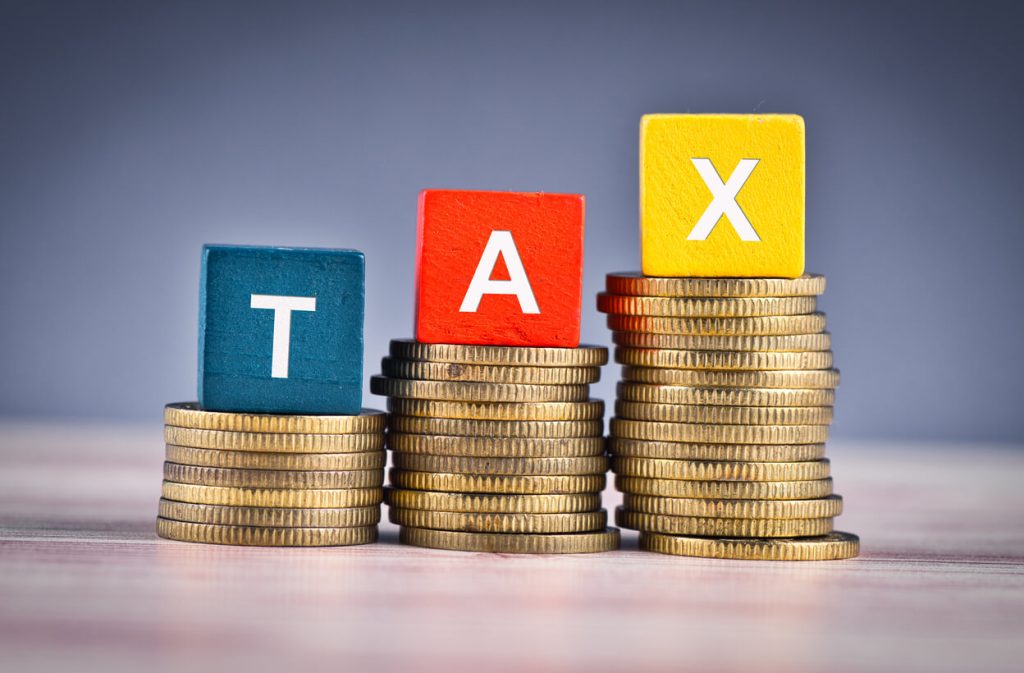A consortium of 47 countries, including the US, the UK, and Australia, have adopted a new framework for the automatic exchange of information between tax authorities.
The framework, known as the Crypto-Asset Reporting Framework (CARF), was developed by the Organisation for Economic Co-operation and Development (OECD) to address the challenges posed by the rapid growth of the crypto-asset market, according to a Friday press release by Australia’s Department of the Treasury.
The federal government said the new framework is expected to help these countries ensure that recent progress in global tax transparency is not undermined and to strengthen efforts to combat tax evasion.
“The widespread, consistent and timely implementation of the CARF will further improve our ability to ensure tax compliance and clamp down on tax evasion, which reduces public revenues and increases the burden on those who pay their taxes,” the announcement said.
The 47 countries have committed to swiftly incorporating the CARF into their domestic laws and establishing exchange agreements by 2027, with their timelines subject to national legislative procedures.
Additionally, those countries that are signatories to the Common Reporting Standard will also implement amendments to the standard as agreed upon by the OECD earlier this year.
This coordinated approach aims to ensure consistency and a smooth implementation process for both businesses and governments.
The list of pledging countries includes all 38 member states of the OECD and some traditional financial offshore havens such as the United Kingdom’s Overseas Territories of the Cayman Islands and Gibraltar.
However, being Europe-centered, it misses crucial markets such as China and Hong Kong, the United Arab Emirates, Russia and Turkey.
There is also not a single African country and only two Latin American ones — Chile and Brazil.
IRS’s Surveillance Plans Could Lead to More Confiscations
As the Internal Revenue Service (IRS) moves forward with its plans to enhance surveillance of cryptocurrency transactions, some worry that it might lead to a surge in crypto confiscations.
A 2022 report published by the Department of Justice (DOJ) in response to President Biden’s Executive Order 14067 reveals how this information may be utilized, pointing to potential consequences for cryptocurrency holders.
With the IRS poised to monitor Americans’ cryptocurrency usage through an expected 8 billion new returns, the DOJ could soon have unprecedented means to seize cryptocurrencies.
It is worth noting the US government is one of the largest holders of Bitcoin, which it has amassed through a series of seizures related to criminal activities.
According to data from Glassnode, the US is sitting on a stash of around 210,000 coins, valued at around $5.5 billion.
The figure is quite remarkable, considering that the total supply of bitcoin is capped at 21 million coins.
Read the full article here
